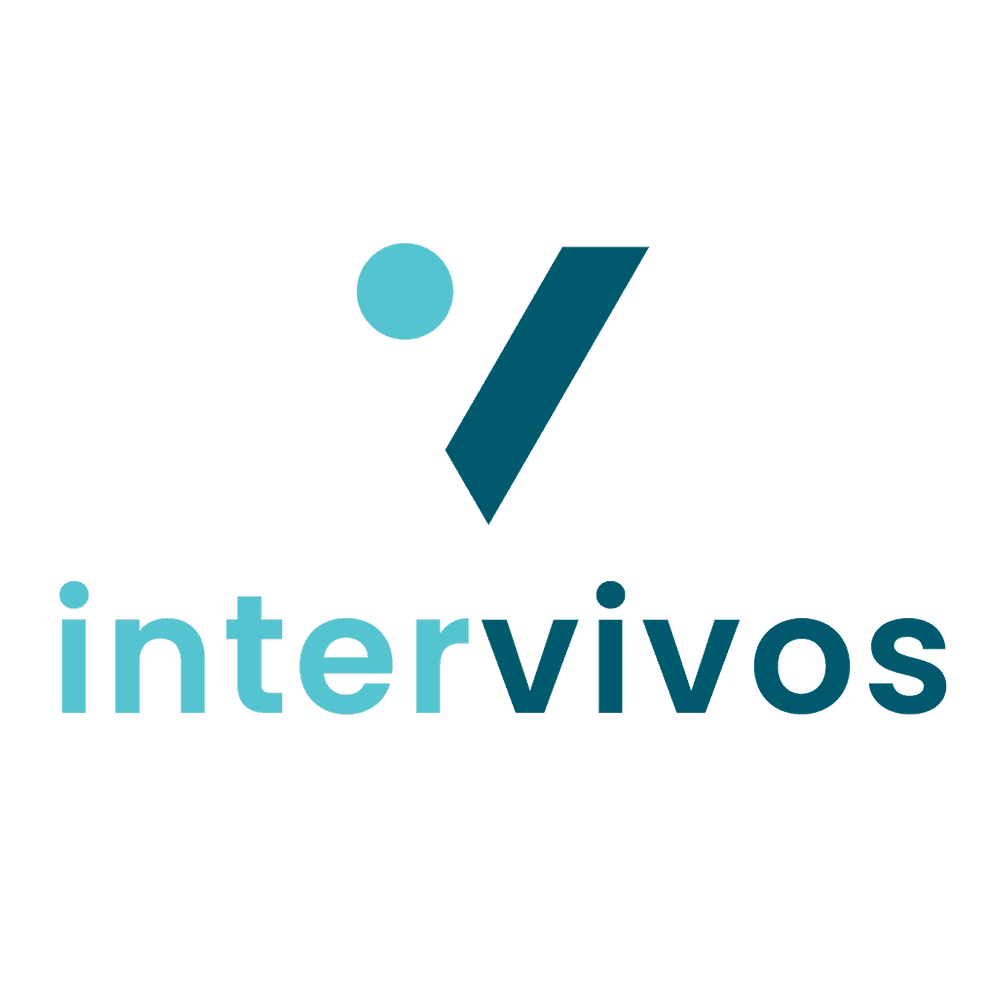Q1. What was your company’s unique approach in integrating technology to achieve UN’s Sustainable Development Goal (SDG)?
Intervivos’ unique approach to achieving sustainable development is to provide responsible and equitable access to healthcare and wellness. Our company is dedicated to providing people around the world with access to affordable diagnostics and preventive care. We rely on innovative medical technologies such as PCR microlabs and digital solutions for access to healthcare.
Q2. What are some examples of SDG-focused projects that your company is currently working on?
We started less than a year ago as a local non-profit initiative for free coronavirus diagnostics. Today, we are one of the leading providers of coronavirus diagnostics in Europe. With over 1000 members of the intervivos family, we are working together with communities to combat and contain the pandemic. In Germany alone, we have contributed to the health and well-being of over one million people. Our success has enabled us to research and develop more efficient, reliable, and affordable methods for covid testing. As a result, we have enabled entire regions to return to partial normalcy.
We’ve made it possible for children to go back to school, and we’ve brought cultural events like festivals back to the people with integrated testing approaches. In this way, our testing strategies have ultimately enabled culture, education, and economic growth. Today, we’ve developed specialized solutions to open underserved markets. Africa is the “Forgotten continent” when it comes to immunization and testing. With a 7 percent vaccination rate and virtually no testing options for people. We bring testing – and vaccination -to Africa.
Q3. What are the most difficult challenges your company and other companies face generally in the implementation/adoption of new sustainable technology?
The profit orientation and shareholder value of traditional companies often slow down the impact of sustainable business. A company’s culture lays the foundation for impact-oriented business. In addition, the notion that profit and impact are at odds with each other inhibits sustainable growth in the adoption of sustainable technologies at scale. The introduction of sustainable technologies is therefore primarily a question of corporate culture and leadership.
Q4. Tell me about a time your sustainable tech helped another company realize their SDG goals.
Throughout our existence, we have helped many companies keep their employees healthy. With integrated diagnostic concepts at the point of care, we have facilitated several festivals, fashion weeks and board meetings. We have also helped global laboratory companies expand into the consumer health business and create awareness of health and wellness.
Q5. What is the biggest challenge your company has handled while enabling your sustainable tech accessible to different communities?
To support communities is at the center of our diagnostics strategy both in Germany and Africa. To enable social lives right at the point of care, we required smaller, faster, and easier-to-use laboratory equipment. To find the right fit of cost-effectiveness (to motivate as many people as possible for a test) and reliability was a challenge we faced. Today, we utilize innovative technologies which no longer require a laboratory setup but can be used anywhere.
Secondly, local misinformation challenged our efforts. Especially in a previously wholly unknown field to most consumers, we had to educate both our employees and customers. Currently, we are developing our learning platform to support local knowledge transfer and make such easier for our partners and us in communities.
Q6. Cost-effective sustainable tech can be lifesaving and planet-saving approach. What actions your company takes to make your sustainable tech economical and a fit for the large-scale adoption?
Our goal is to make a lasting difference to global healthcare systems.
This is where intervivos comes in: Preventive screening, testing and detection of diseases before the first symptoms appear. We want to lay the foundation for holistic wellness. Since the pandemic outbreak, it is more important than ever to stand together as a global community to take steps toward normalcy and work together to restore safe spaces.
Widespread adoption of medical diagnostics will further reduce costs and make new technologies accessible to all. We actively promote our solutions in local communities. We are engaged in educational advocacy on humanity’s most pressing health issues. The pandemic has shown us that as a global community, we are able to develop new diagnostic technologies to the point where they are cost-effective and can be deployed internationally.
Our fleet of innovative mobile PCR laboratories will help prevent the spread of Covid-19 in Africa and other emerging markets. We will start with covid testing. Our next step will be to lay the groundwork for combating the most deadly diseases for humans, including malaria, Legionella and the H.I. virus.
Q7. What do you believe will be a global, long-term, impact of your sustainable tech integration?
As more health crises develop around the world, sustainable diagnostic technologies are at the forefront of safeguarding global health and saving lives. At the same time, working with local businesses, educating local people and delivering health and economic benefits to future generations in developing markets will be important. Our goal is to create a health system based on equity and justice while promoting innovation and sustainability. This will have a long-term impact on communities worldwide.
Q8. What’s your vision for the sustainable tech industry and your company’s role in it?
The pandemic underscores one thing again and again: Physical health is critical to our understanding of safety, happiness, and well-being. Death and suffering caused by Covid-19 are not evenly distributed across the population. Impacts are more pronounced in underserved and vulnerable groups. And the economic and social impacts disproportionately affect the impoverished, displaced, and marginalized. Building a healthy future based on equity and justice goes hand-in-hand with Sustainable Development Goal #3.
We must ensure healthy lives and promote well-being for all ages. It is our shared responsibility to bring about lasting change in inequality.
Raphael Schäfer
Co-Founder,
INTERVIVOS AG.


